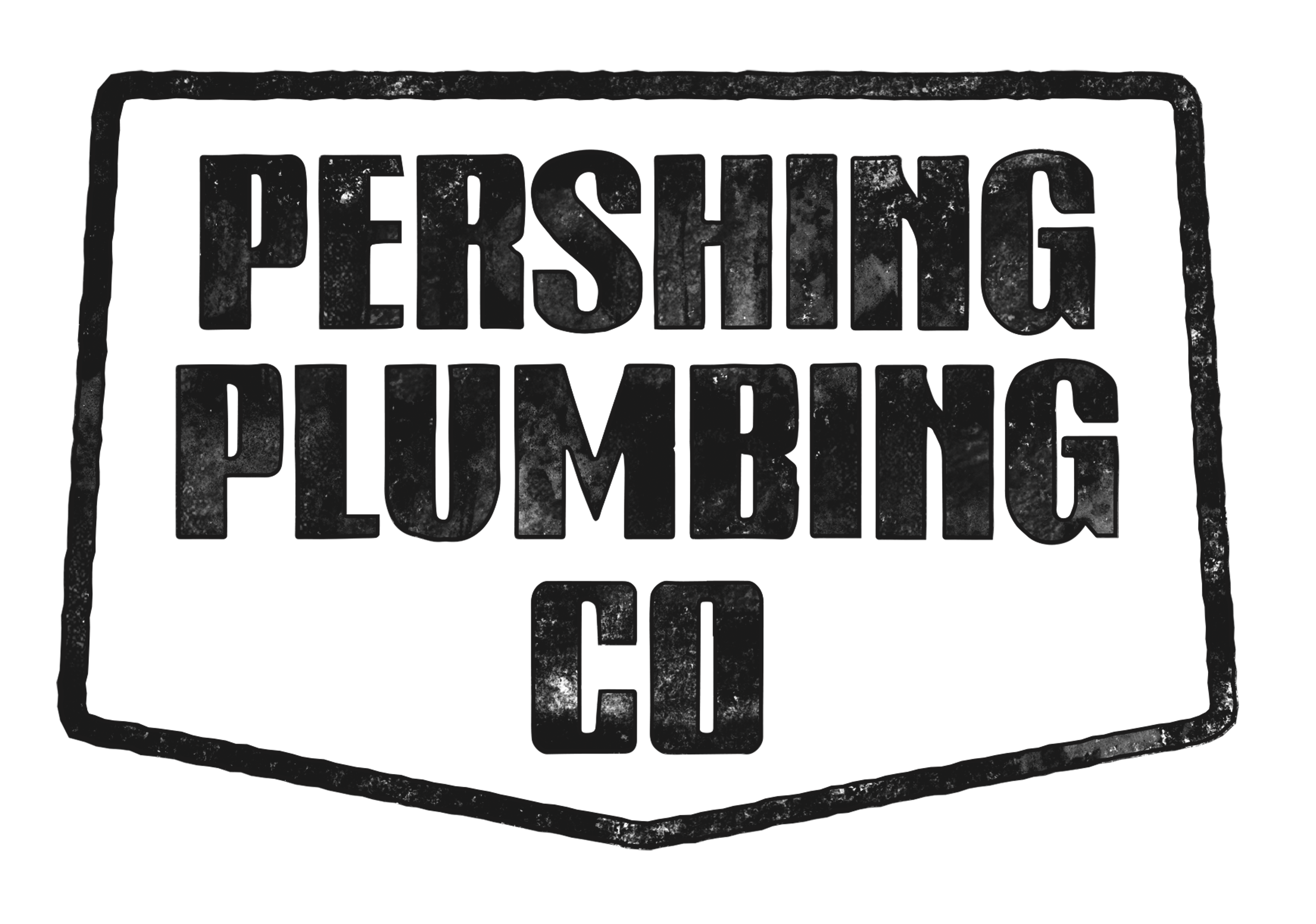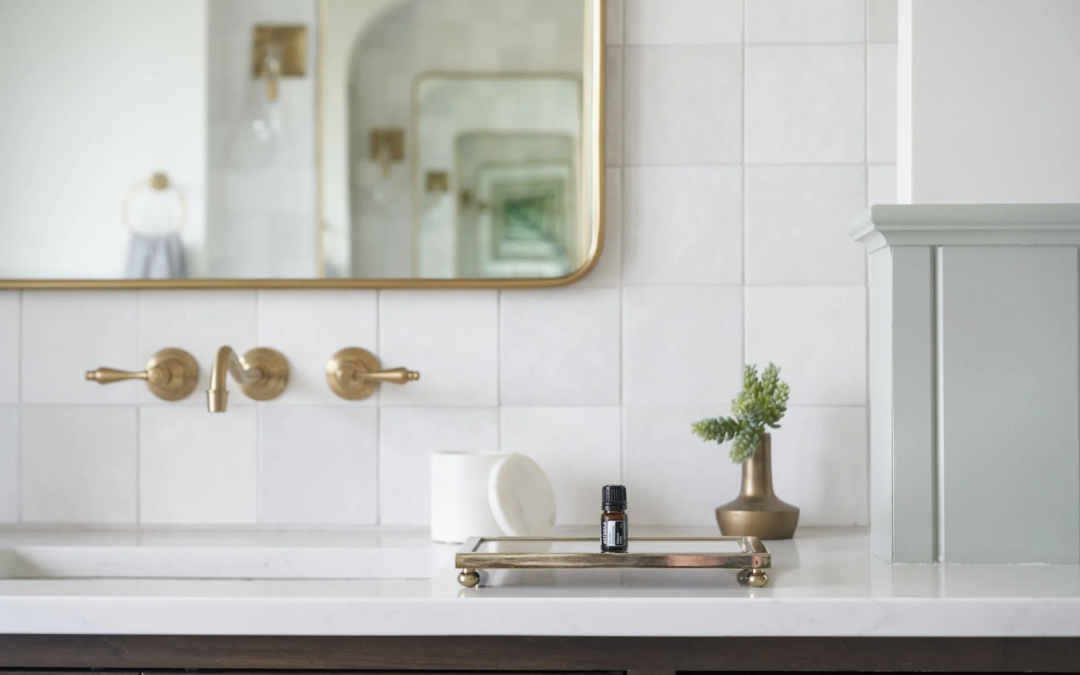A blocked drain can quickly ruin your day. Your plumbing system’s most important component, and a blocked drain can lead to serious problems.
Greasy water in your sink in the kitchen or your bathtub can make your home look very unappetizing. Most clogs occur in kitchen drains and bathrooms drains. These drains get clogged with soap scum and food. It can be very frustrating to have a blocked drain. You want it fixed quickly.
What Causes Clogged Drainage?
Most common causes of a clogged drain are food and substances, hair, excess toilet paper, and flushing items that don’t belong down there. These clogs can build up and attract pests like drain fly larvae if they aren’t cleaned.
Top 7 Drain Solutions for Clogged Drains
There are many different products available that claim to unclog your drain. Some products work well to unclog drains. Others cause more damage to your pipes, making your clogs worse. These are the top four clogged drain remedies experts recommend.
Vinegar and baking soda
Baking soda, vinegar and water are natural solutions to a blocked drain. You can unclog your drain using vinegar and baking soda.
If the clog persists, this should clear it. This drain cleaning solution is more effective than the chemical alternatives available at the store and less likely to cause damage to your pipes. This cleaner is cheaper than the top-brand, high-clogging drain cleaning products.
Baking Soda, and Salt
Baking soda works in the same way as vinegar and baking soda. Mix 1/2 cup of baking soda with 1/2 Cup of salt. Allow the mixture to rest in the drain for at most 30 minutes.
You can repeat this procedure if needed. It is important to follow the time limits, as too much can cause damage to your pipes. This natural alternative to chemicals can be a great option to harmful chemical cleaners.
Plunging
Plunging is more effective on a blocked kitchen drain than a bathroom drain. Sinks in the kitchen often collect grease, food leftovers, and soap scale. Sink drains in kitchens are often curved so food and buildup can get in.
A plunger is a tool that can push the blockage down the pipe further and remove the clog. Clear the sink from all dishes and rags, and then fill it halfway with warm water. Once you have done this, plunge the drain using a rubber plunger. You should call a professional plumber if the clog persists.
Snaking
If the plunger isn’t working, you can try to snake your drain. You can find a variety lengths and types of drain snakes. Many sink clogs can easily be cleared by a 25-50 feet drain snake.
If you find the clog in your shower/bathtub drainage, first clear out the tub stopper. Next, clean the tub drain of any hairs.
If you don’t see any improvement in your drain’s condition, then there may be a deeper clog. You should use a standard drain snake using a 1/4- to 5/16-inch cable. It might be more difficult for thicker snakes to navigate the curves and bends of the pipes. Clogging drains can be difficult to unclog.
Hot Water and Dish Soap
This is a great way unclog your pipes. Simply boil two liters of water, add some liquid dish soap and stir. After combining the two, slowly pour them into the sink. You might need to repeat this process several times before you see the results. For example, if you have a grease blockage, the combination will heat the grease to a liquid and drain it down the toilet.
Vinegar, salt, and Borax
Another way is to combine 1/4 cup salt, 1/4 Cup of Borax and 1/2 Cup of Vinegar in a pot boiling water. Mix all ingredients together. Pour it down the sink and let it sit at least for an hour. After one hour, rinse it with hot tap water.
Wire Coat Hanger
If you’ve tried many different methods to unclog the drain but haven’t succeeded, go to your closet and grab some wire coat hangers. The first step is to remove the hook from the hanger. Grab a plastic bag and throw your items away.
You can simply place the hook end on the hanger in your drain, and move it around to catch any food or hair that’s clogging your drain. To remove any residue, pull the hanger and run hot water down to the drain. This method is gentle and will not cause any further damage.
There are reasons why you should avoid chemical drain cleaners
When unclogging drains, chemical drain cleaners are the most popular choice. This is an easy option but it doesn’t work well if you need to unclog a drain.
Chemical drain cleaners may corrode pipes, create holes in your pipes, or make your septic tanks more inefficient over time. Some chemical drain cleaners can’t remove clogs. They will only make your plumbing worse. Even if your pipes were made from strong materials, the more chemicals you use, the more your pipes will be damaged.
Chemical drain cleaners are also harmful for the environment. The chemicals end up in groundwater and landfills causing contamination. The toxic water affects the ecosystem and can infect small birds and animals. You can also have toxic water in your home.
Chemical drain cleaners can cause damage to your pipes and septic tanks. Chemical drain cleaners are designed to destroy everything, including your pipes.
Even if your pipes were made from strong materials, the more chemicals you use, the more your pipes will be damaged.
These cleaners can be dangerous and have negative side effects. The cleaners are often contaminated with toxic fumes, which can cause serious burns to the skin. The surface of your tub could be damaged if cleaners are sprayed on it. Try a natural alternative to chemical drain cleaners.

